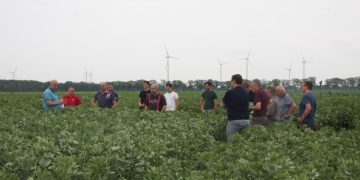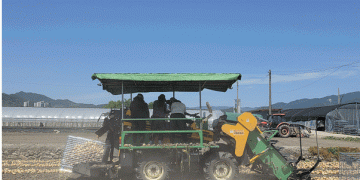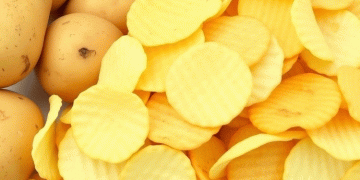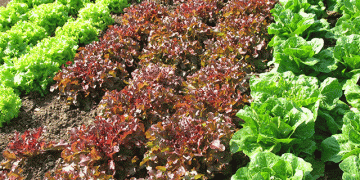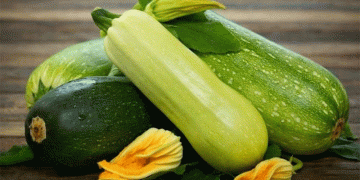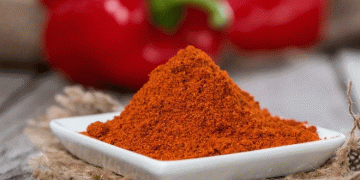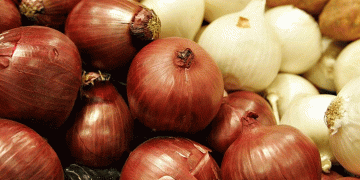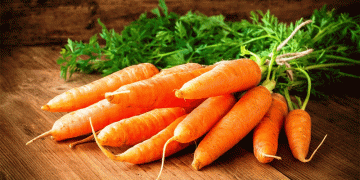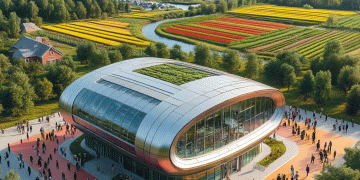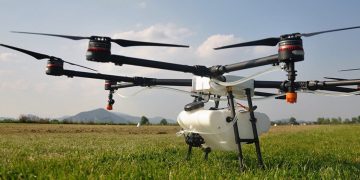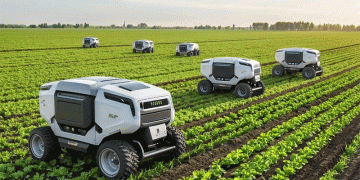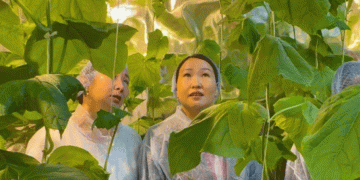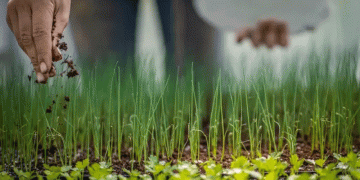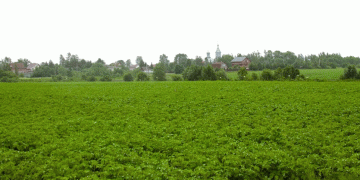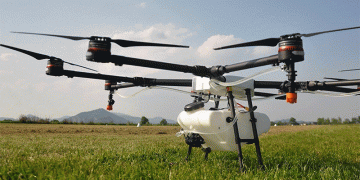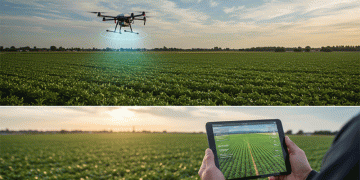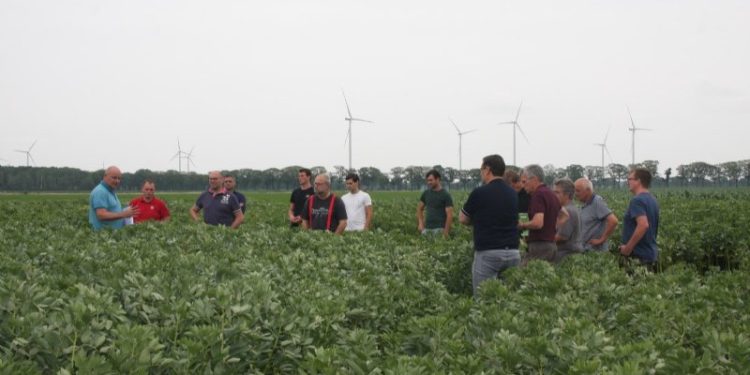In this article, we explore the potential of root nodules in revolutionizing sustainable agriculture. Drawing on the latest data from Nieuwe Oogst (https://www.nieuweoogst.nl/nieuws/2023/07/18/gaan-wortelknolletjes-de-wereld-redden), we delve into the fascinating world of symbiotic relationships between legumes and nitrogen-fixing bacteria, and how this natural phenomenon could hold the key to enhancing soil fertility, reducing synthetic fertilizer usage, and achieving food security for farmers, agronomists, agricultural engineers, farm owners, and scientists in the agricultural community.
Recent research has brought to light the extraordinary potential of root nodules in transforming agriculture as we know it. Root nodules are tiny structures that form on the roots of leguminous plants, such as soybeans, peas, and clover. These nodules are home to nitrogen-fixing bacteria, known as rhizobia, which convert atmospheric nitrogen into a form usable by the plant, effectively enriching the soil with essential nutrients.
The latest data indicates that harnessing the power of root nodules can significantly reduce the dependence on synthetic fertilizers, which are not only costly for farmers but also have adverse environmental impacts. When leguminous crops are incorporated into crop rotations or intercropped with other plants, the nitrogen-fixing bacteria residing in the root nodules enrich the soil with nitrogen, reducing the need for additional nitrogen-based fertilizers.
Moreover, this symbiotic relationship between legumes and rhizobia goes beyond just nitrogen fixation. The presence of root nodules in the soil enhances soil structure, increases water retention, and fosters beneficial microbial activity, resulting in improved overall soil health.
The implications of root nodules in sustainable agriculture are far-reaching. By embracing this natural process, farmers can effectively mitigate nitrogen runoff, which contributes to water pollution and climate change. Additionally, healthier soils lead to increased crop yields, supporting food production and food security for a growing global population.
In conclusion, root nodules hold immense promise in transforming agriculture into a more sustainable and resilient industry. By harnessing the power of symbiotic relationships between leguminous plants and nitrogen-fixing bacteria, farmers and agricultural experts can pave the way towards a future with reduced synthetic fertilizer usage, enhanced soil fertility, and improved food security.
Tags: Agriculture, Root Nodules, Symbiotic Relationships, Sustainable Farming, Nitrogen Fixation, Soil Fertility, Synthetic Fertilizers, Crop Rotation, Food Security, Environmental Sustainability.
